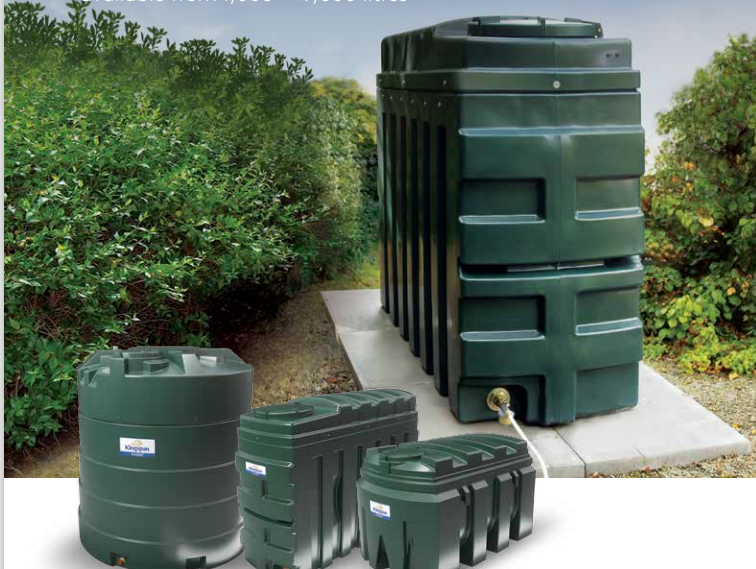There has been a sudden increase in fuel problems reported across the UK, the majority being blocked filters. This is not attributed to fuel quality but is in fact due to the increase in FAME content in both gas oil and diesel which has been put in place by the government, forcing fuel used in both on-road and off-road vehicles to be sourced from sustainable and renewable resources.
What is FAME?
FAME (Fatty Acid Methyl Esters) is the generic chemical term for biodiesel which is mostly produced from recycled cooking oils and renewable oil sources. As biodiesel it is most likely to hold a higher water content than other petroleum-based fuels which can increase the chances of fuel contamination and other serious complications. This Increase in FAME content within gas oil has been having negative responses nationally with reports of clogged filters and low fuel pressure, luckily most newer machinery is compatible with the FAME set out in new regulations. However, it is crucial that business owners and farmers are aware of what this can mean for them.
Some of the problems of high fame content include:
Poor cold flow characteristics
Relatively short shelf life
Water contamination due to higher water content
Encourages diesel bug growth
Increased chance of injector fouling
Higher fuel consumption rate due to fuel being less powerful
Gradual degradation of fuel due to oxidation and hydrolysis, which can damage machinery.
Legislation
Changes to the RTFO ( Renewable Transport Fuel Obligation) have stated as of 15th April 2018, 7.25% of the total fuel volume supplied must come from a renewable resource. This will usually mean the addition of ethanol in petrol and the addition of Fatty Acid Methyl Ester (FAME) in Gas Oil and Diesel. The target was increased to 8.5% in January 2019 with small increases up to the over all target of 12.4% in 2032. These new targets have forced suppliers to ensure that their diesel is up to standard with the latest bio fuel requirements.
What you can do
Because of these new standards, fuel storage conditions and maintenance are now critical. We recommend installing and regularly cleaning and changing tank filters, routinely draining tank bottoms where possible, cleaning fuel tanks- tank sludge and water can build up in a short space of time and do not let your fuel tank run empty, keep tanks topped up to reduce air, which can draw moisture. Regularly examine your filters, pipework, seals and for any signs of contamination including; water droplets, cracks, erosion, dirt or mould in the tank.
To aid our customers in the management of their fuel we offer specialist fuel additives that can dramatically counter the effects of increased FAME and prevent costly downtime for plant and machinery.
Gas Oil Supreme- This can be used to stop the effects of biofuel and should be used on fuel stored for less than 12 weeks.
Anti Bug Protect- The higher FAME Content can increase the chances of bugs in the tank. Anti bug protect can be used in preventing this from happening.
Anti Bug Kill- This is used to eliminate bugs once identified.
Diesel Supreme- Prevents the effects of higher FAME content in diesel.
Fuel Store Plus- Prevents negative FAME effects on fuel which is stored for longer periods of time.
View our full range of additives below. For further information on this subject feel free to contact us on 01360 660264 or contact our livechat.
Receive a quote for Gas oil / Derv today by filling our request a quote form here to order give our office phone on 01360 660264












Completely running out of heating oil can leave you without hot water or heating, this is especially inconvenient during winter when it’s needed the most. Running fully dry of heating oil is easily done by not keeping an eye on your fuel levels or from fuel theft